A drone exploded in a sleepy Israeli seaside town yesterday. The target of the attack was Benjamin Netanyahu.
By luck, the drone missed its target — Netanyahu’s home — and no one was hurt in the explosion. Hezbollah launched three drones from Lebanon toward Caesarea. Two were shot down by the Israeli Defense Forces but, worryingly, the third arrived undetected. Sirens, which are supposed to warn civilians of an impending attack, did not sound, meaning no one knew they should seek refuge in a bomb shelter. The Israeli prime minister claimed he was not at home when the drone hit.
An Iranian — or Iranian-backed — assassination of the Israeli prime minister (or other senior figure) would change the game completely
Although it was Hezbollah that launched the drones, the order came from Iran. Following the attack, Netanyahu said: “Iran’s proxies, who tried to assassinate me and my wife today, have made a grave error… this won’t deter me or Israel from continuing to fight our enemies in order to guarantee our security for generations. I say to Iran and its partners in the Axis of Evil: whomever harms Israeli citizens will pay a heavy price.”
In the past few months, Iran has ramped up efforts to assassinate high-profile Israeli officials, both in Israel and abroad. So far, Israeli intelligence agencies and the police have managed to foil several attempts and have exposed Iranian terror networks within Israel. Some Israeli citizens who were recruited by Iran to carry out assassinations have been arrested.
Having failed to inflict much damage in two large-scale attacks which included swarms of drones and ballistic missiles, Iran seems to be shifting its strategy to targeted killing. This strategy has paid off for Israel, which managed to kill the leadership of both Hamas in Gaza and Hezbollah in Lebanon. However, apart from the killing of Yahya Sinwar last week (which was accidental), most targeted killings require more sophisticated intelligence and capabilities than Iran seems to possess.
Yesterday’s drone attack was followed by large-scale rocket fire in northern Israel. Some 150 rockets were unleashed by Hezbollah, resulting in one death. This shows that, although Hezbollah has suffered considerably since the start of the Israeli operation against it, it retains some capabilities and still poses a threat to Israelis. Therefore, despite Hezbollah’s recent request for a ceasefire, Israel is motivated to keep fighting the terror organization.
Under Hezbollah’s former leader, Hassan Nasrallah, who was killed in a drone strike last month, the organization refused to discuss a ceasefire until Israel reaches an agreement with Hamas in Gaza. Now that Hezbollah’s abilities have been greatly diminished (and while the loss of its leader renders it chaotic), it seeks a ceasefire without relation to Hamas — but refuses to discuss the terms of a deal until Israel withdraws and stops its attacks. Israel, however, wants to agree on the terms first.
While this continues, Iran will place pressure on Hezbollah and other proxies to help inflict pain on Israelis. Iran is also awaiting Israel’s response to its ballistic missile attack earlier this month. It’s possible that whatever Israel’s response was supposed to look like before the attempt on Netanyahu’s life may change because of it.
Considering the heavy-handed way in which Israel responded to Hamas’s October 7 massacre and to ongoing provocations by Hezbollah, Iran is playing an extremely dangerous game. So far, Israel’s attacks on Iran have been measured and limited. The Biden administration has gone to great lengths to ensure Israel doesn’t respond to Iranian attacks in a way that will cause a significant escalation, which means ruling out attacks on nuclear facilities and oil sites.
However, an Iranian — or Iranian-backed — assassination of the Israeli prime minister (or other senior figure) would change the game completely. If this happens, Iran could discover the full force of the Israeli army.
This article was originally published on The Spectator’s UK website.



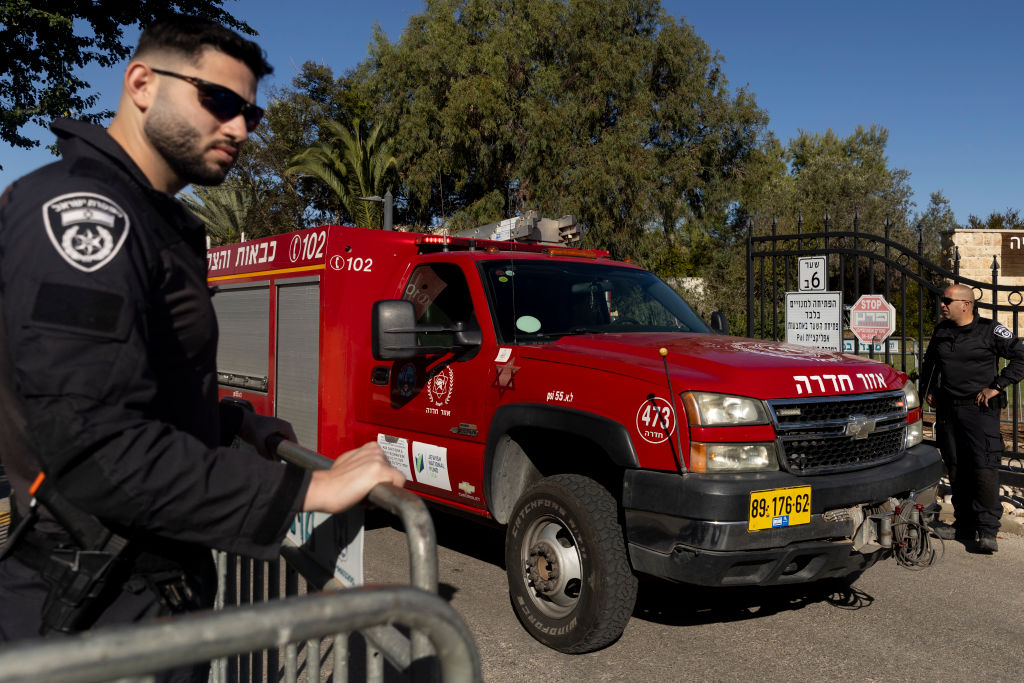







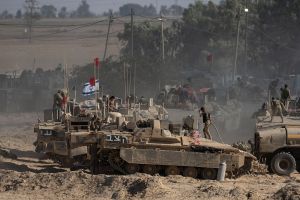

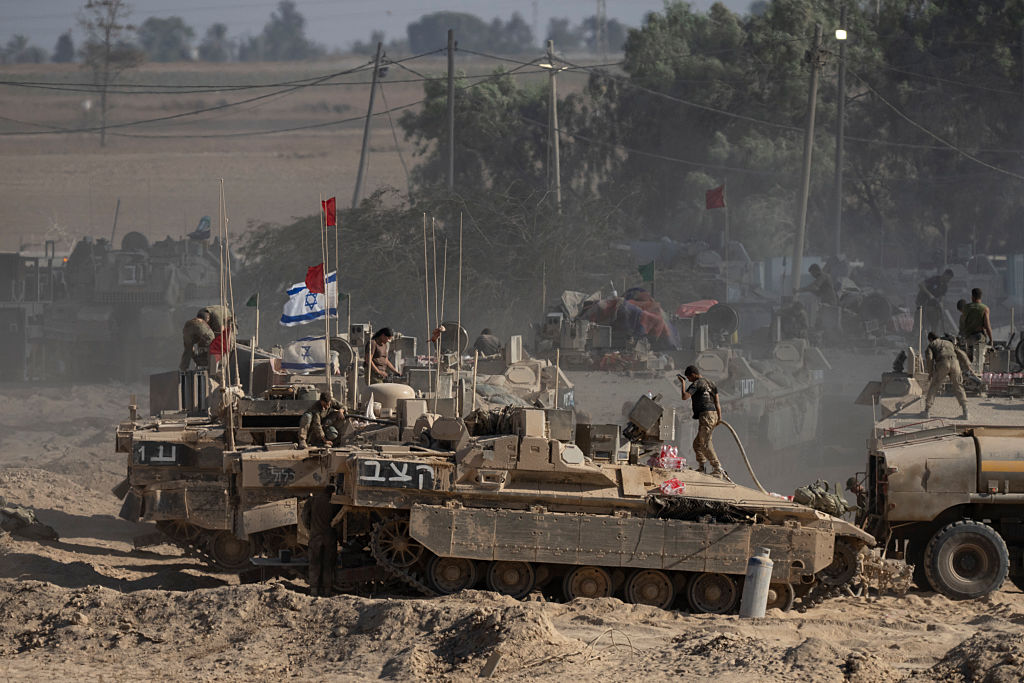

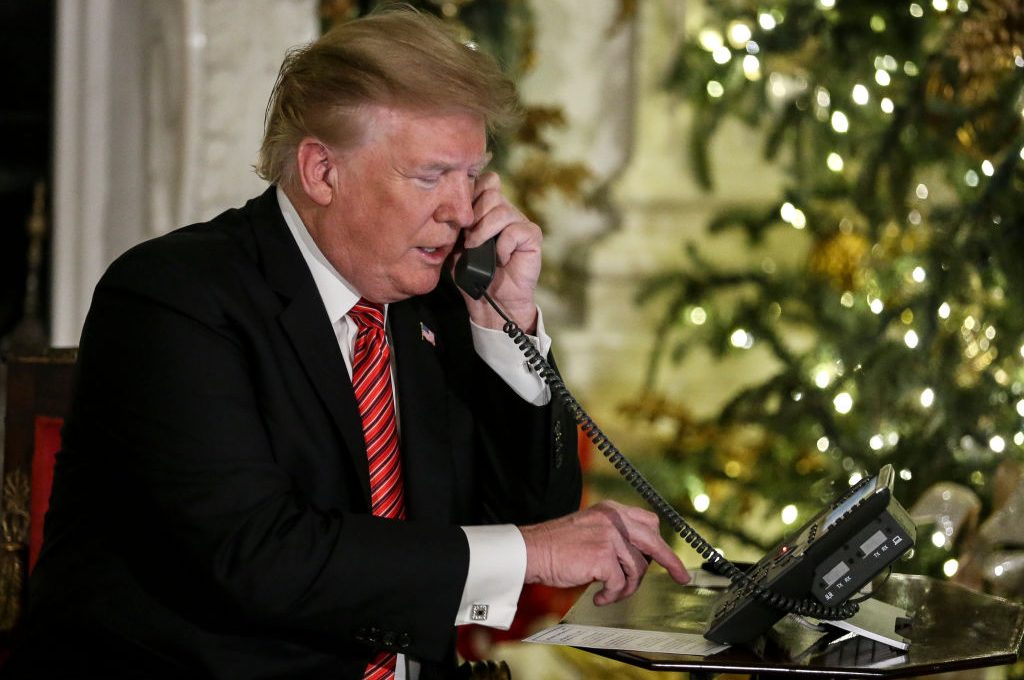
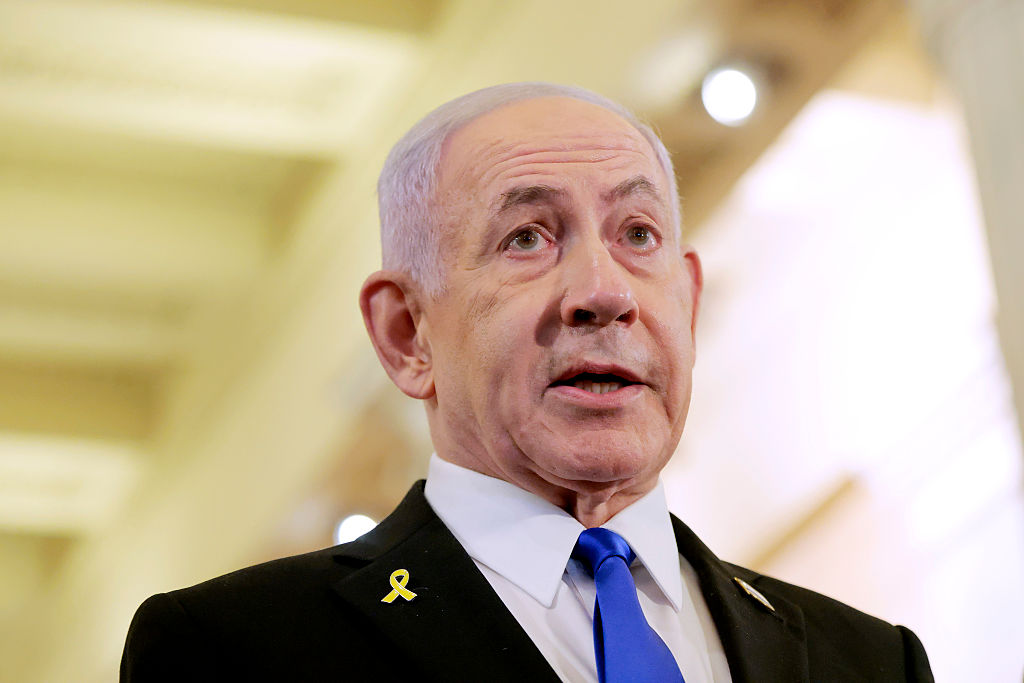

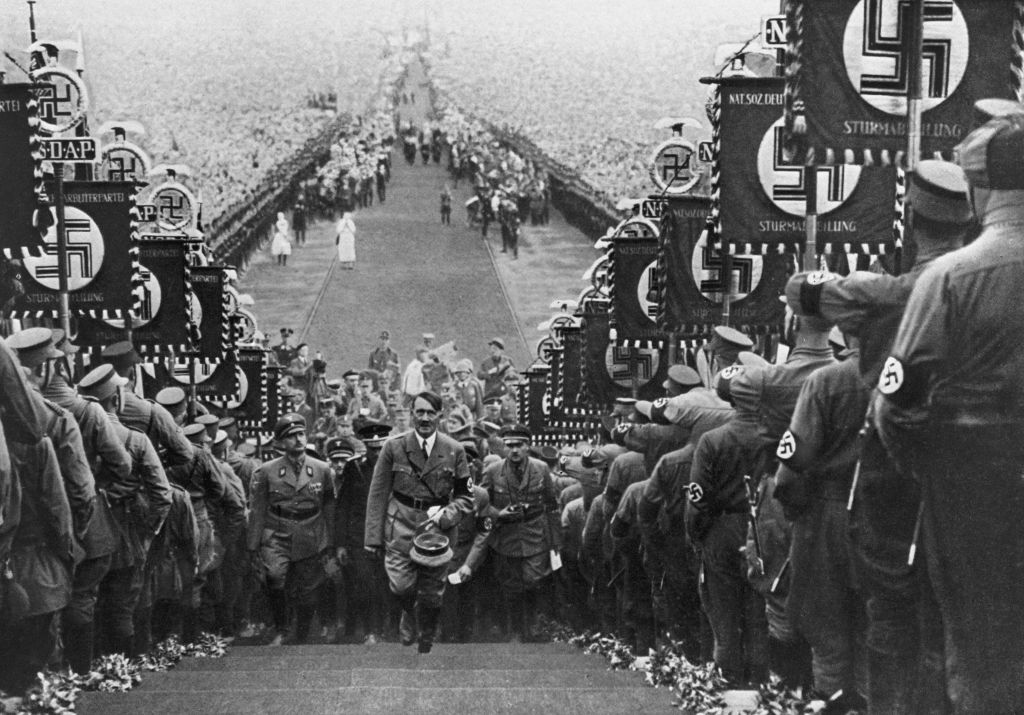







Leave a Reply